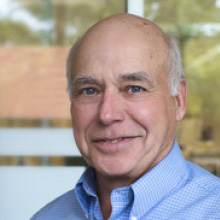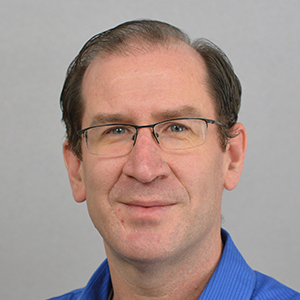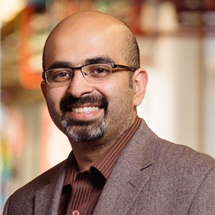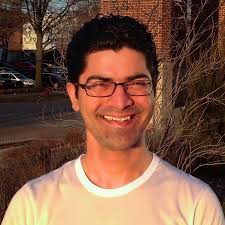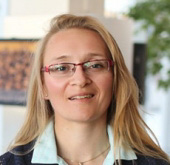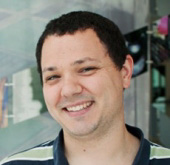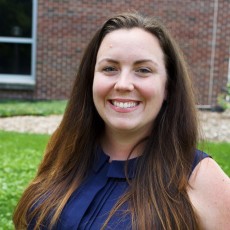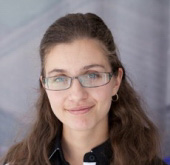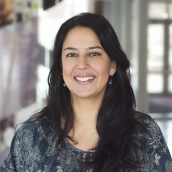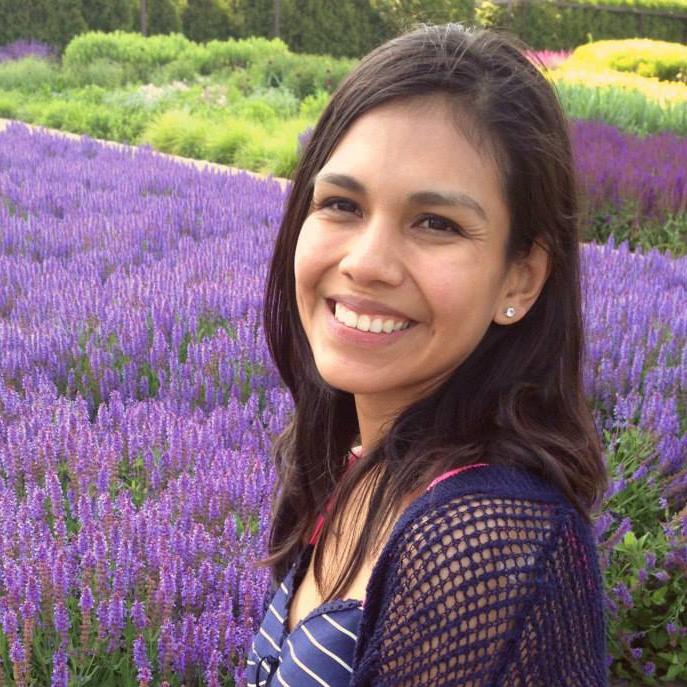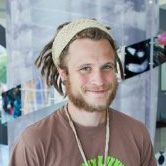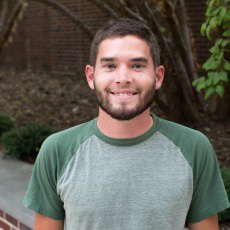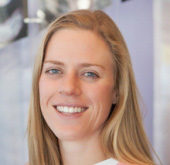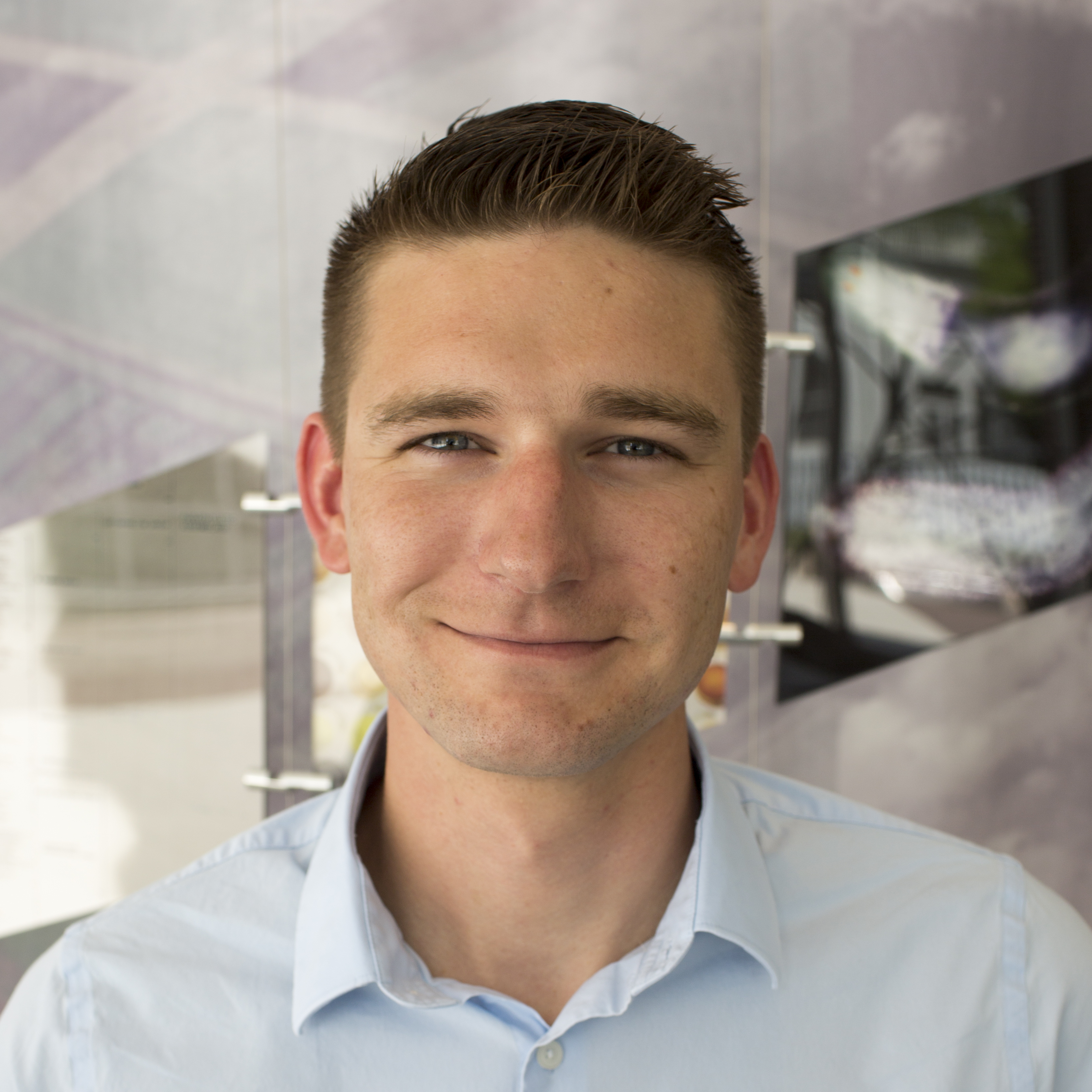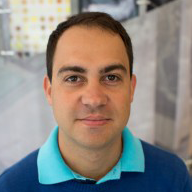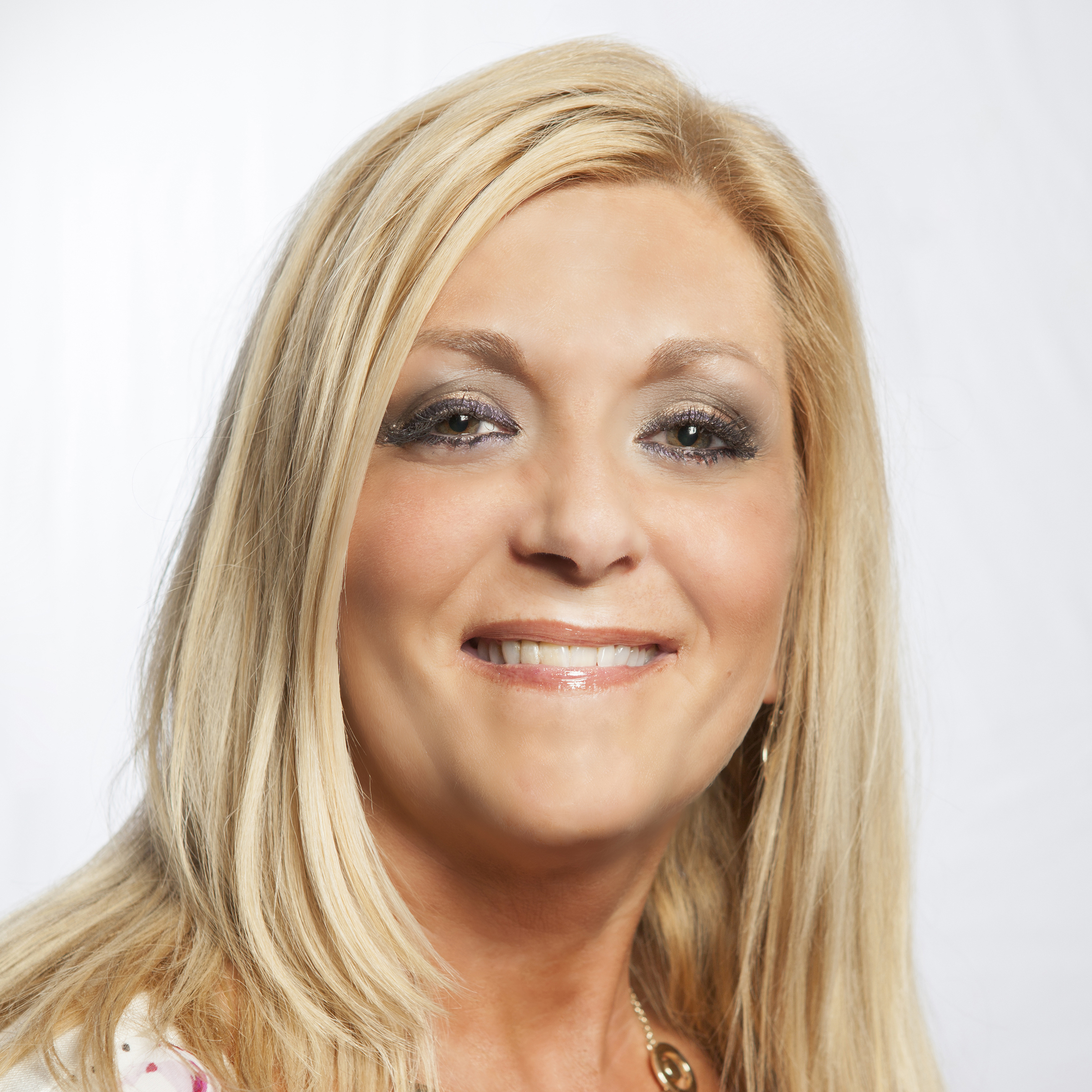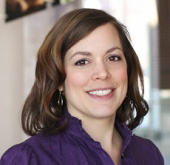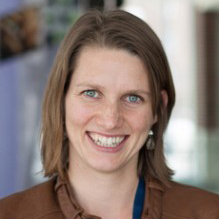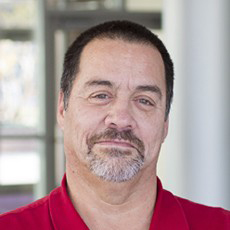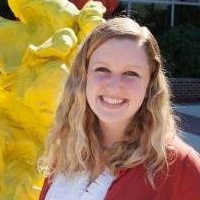Mark your calendar for the 2017 Food & Fuel Field Day
Media, industry, and policymakers: Join us for our first-ever Food & Fuel Field Day and see for yourself the plants that could help feed and fuel the world by 2050. Step into the research plots addressing the future of food security today at the University of Illinois South Farms.
Date: Thursday, July 13, 2017
Time: 9 a.m. to 4 p.m.
Location: University of Illinois Energy Farm
RSVP: Online or contact Claire Benjamin
Webpage Navigation:
- Field Day News Release
- 2017 Field Day Agenda
- Directions & Parking Information
- Lodging Information
- Speaker Information
- Participating Projects
Discover how we can feed and fuel the world by 2050
Members of the media, industry partners and policymakers are invited to see the plants that could help feed and fuel the world by 2050 and meet the scientists who engineered them at the 2017 Food & Fuel Field Day held on Thursday, July 13, at the University of Illinois Energy Farm. This free, day-long event will be held rain or shine, with intimate round-table discussions, hands-on field tours, and robot demonstrations, and one-on-one interviews; lunch, refreshments, and sunscreen will be provided.
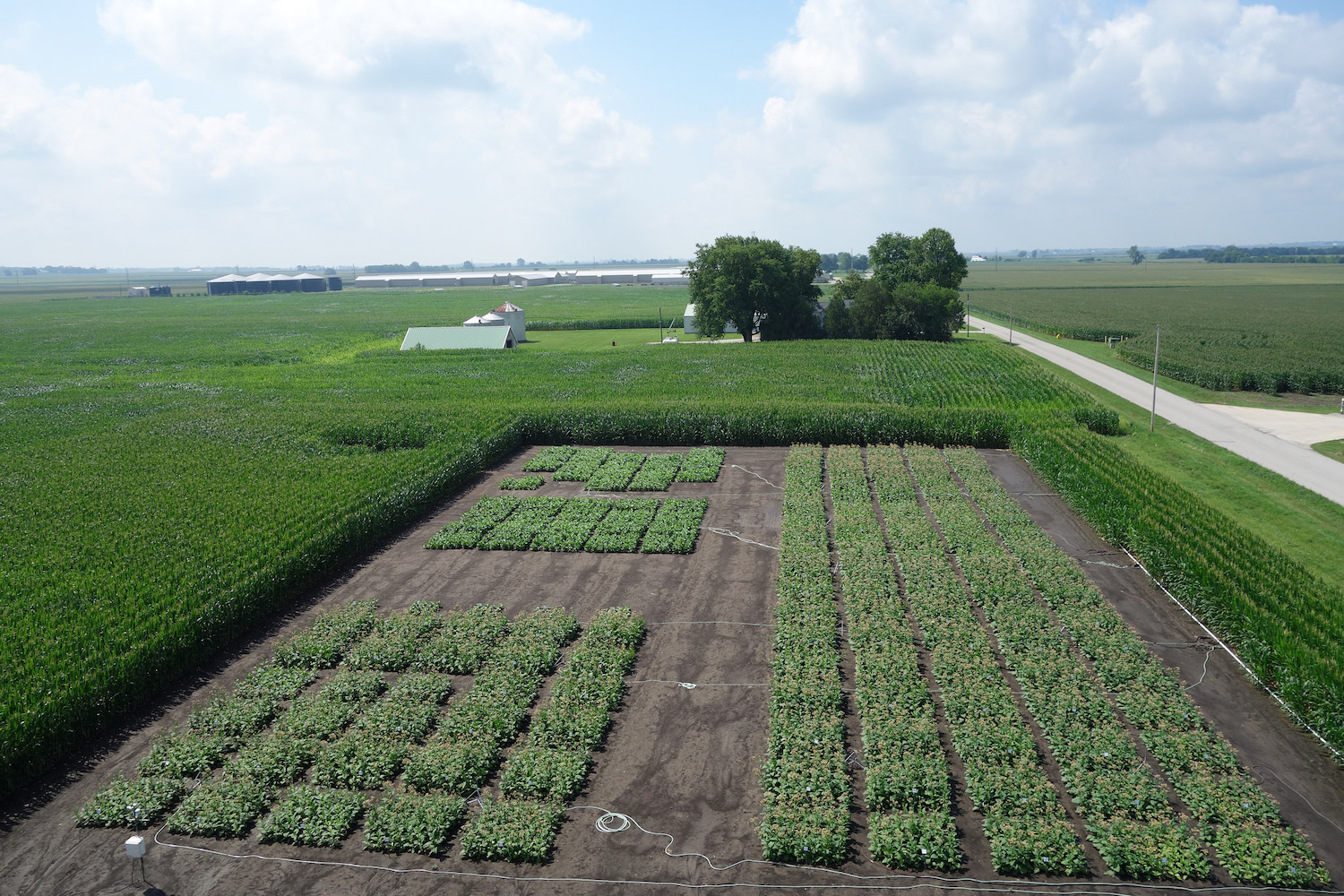
We will need to produce 70% more food by 2050 to meet the needs of more than 9 billion people, according to a prediction by the Food and Agriculture Organization. Funded by the Bill & Melinda Gates Foundation, RIPE (Realizing Increased Photosynthetic Efficiency) is an international research project that is developing plants that more efficiently turn the sun’s energy into food to sustainably increase worldwide food production, particularly for smallholder farmers in sub-Saharan Africa and Southeast Asia.
"We're working on solutions today to ensure our food security in 30 years," said RIPE Associate Director Donald Ort of the USDA/ARS Photosynthesis Research Unit and Robert Emerson Professor in Plant Biology and Crop Sciences at the University of Illinois. "As it takes 20 years for these solutions to get from the lab to farmers' hands, we don't have any time to spare. Luckily we already have promising solutions that we are now testing in our fields to prove their efficacy."
At the same time, we will need to increase bioenergy production to sustainably and continuously meet our nation's energy and fuel demands. With support from the Advanced Research Projects Agency-Energy (ARPA-E), TERRA-MEPP is developing a low-cost robot that helps identify the top-performing biofuel plants in the field to pinpoint genes that will improve yield. TERRA-MEPP measures characteristics like stem height, width and leaf area for thousands of plants throughout the growing season; it is also autonomous, portable, and a fraction of the cost of agricultural gantry systems. Take the robot for a test drive at the field day and see it in action.
Meanwhile, as population and agricultural demands increase, carbon dioxide levels are predicted to hit 600 parts per million—a 50% increase over today’s levels—and 2050 temperatures are expected to frequently match the top 5% hottest days from 1950-1979. We're studying how crops will react to these changing climatic conditions at SoyFACE (Soybean Free Air Concentration Enrichment), an innovative facility that artificially increases carbon dioxide, ozone, and temperature for growing crops in future field production conditions.
Today, yields are increasing by just one to two percent each year—meaning production in on track to fall short of our predicted 2050 needs. This field day will showcase work by RIPE, TERRA-MEPP, and SoyFACE to produce crops that can fill this gap, including three RIPE strategies that have increased yields by as much as 20%:
Improving plants’ sun shield
Reported in the journal Science—and named one of 12 key scientific advancements of 2016 by the Guardian—RIPE has increased plant productivity by boosting the levels of three proteins that help the plant quickly adapt to fluctuations in light. In 2016 field trials, scientists saw increases of 14 to 20% in the growth of modified tobacco, a model plant used to show proof of concept. In this year’s field trials, they are further testing this method to boost photosynthesis.
Constructing intercellular interstates
Most carbon is turned into food, but some carbon is wasted when it is turned into a plant-toxic compound during photosynthesis. This compound is recycled through a process called photorespiration that costs plants a significant amount of energy. RIPE has engineered “interstate” bypasses to alleviate this problem and increase plant productivity by 18 to 20% in greenhouse trials. This year, they are testing their modified plants in the field and heating them to see if yield increases more in the higher temperatures expected in 2050.
Removing photosynthetic bottlenecks
The Calvin Cycle is the multi-step process in which enzymes convert light energy and carbon dioxide into sugar. RIPE is optimizing the amount of each enzyme to avoid bottlenecks in the system and increase productivity. Last year’s preliminary field trials showed biomass increases from 25 to 40%. This year’s plots will test three single genes, a double combination, and a triple combination of all three to see which combinations yield the most.
RSVP for the 2017 Food & Fuel Field Day online or contact Claire Benjamin at claire@illinois.edu or 217-244-0941; please mention any dietary, mobility, or other needs that we can help accommodate.
2017 Food & Fuel Field Day Agenda
8:00 a.m. Bus pick up at the Hilton Garden Inn | Bus Contact: Lisa Emerson
8:15 a.m. Bus pick up at the I Hotel and Conference Center
8:30 a.m. Check-in begins
9:00 a.m. THE BIG PICTURE
Welcome | Claire Benjamin
Overview of the Energy Farm | Tim Mies
Overview of RIPE and SoyFACE | Donald Ort
Overview of TERRA-MEPP | Girish Chowdhary & Chinmay Soman
9:30 a.m. MEET THE TEAM
-
How we're assessing plants from leaf to field | Katherine Meacham & Caitlin Moore
-
How we've improved plants’ sun shield | Katarzyna Glowacka & Johannes Kromdijk
-
How we're testing plants from greenhouses to fields | David Drag & Benjamin Harbaugh
-
How we're removing photosynthetic bottlenecks | Patricia Lopez & Kenny Brown
-
How we're bypassing photosynthetic inefficiency | Paul South & Amanda Cavanagh
-
How we're improving cassava, and why | Amanda De Souza & Ursula Ruiz Vera
11:15 a.m. EXPLORE RIPE TRIALS
-
Meet FRED, our Field Roving Evaluation Device | Katherine Meacham & Caitlin Moore
-
Check out our plants with improved sun shields | Katarzyna Glowacka & Johannes Kromdijk
-
Find out what it takes to make our trials successful | David Drag & Benjamin Harbaugh
-
Compare our plants with one, two and three genes | Patricia Lopez & Kenny Brown
-
See what a big difference our bypass makes | Paul South & Amanda Cavanagh
-
Discover how we tweak soybean light distribution | Amanda De Souza & Ursula Ruiz Vera
12:30 a.m. TIME TO EAT
Enjoy free boxed lunches with the scientists
1:10 p.m. EXPLORE TERRA TRIALS
-
See the TERRA-MEPP robots in action | Girish Chowdhary & Chinmay Soman
-
Learn more about our 870 varieties of sorghum | Samuel Fernandes
2:00 p.m. EXPLORE SOYFACE TRIALS
-
Learn how we are emulating future climate conditions | Donald Ort
-
Check out our large-scale cassava field trials | Amanda De Souza & Ursula Ruiz Vera
3:00 p.m. ASK YOUR QUESTIONS
Schedule one-on-one interviews with the scientists online or contact Claire Benjamin
4:00 p.m. FIELD DAY CONCLUDES
Continue your discussions at Quality at 110 N Neil St, Champaign, IL 61820
Directions and Parking
The 2017 Food & Fuel Field Day will be held at the University of Illinois Energy Farm, located at 4110 S Race Street, Urbana, IL 61802. Get directions via Google Maps. Parking is available in the grass lot just south of the Energy Farm headquarters. In the case of inclement weather, we will direct you to an alternate parking location and shuttle you to the field day. ATVs and an air-conditioned shuttle will be available to take participants out to the field trials. Please dress appropriately in hats, sunglasses, and field-ready, mud-proof boots or shoes.
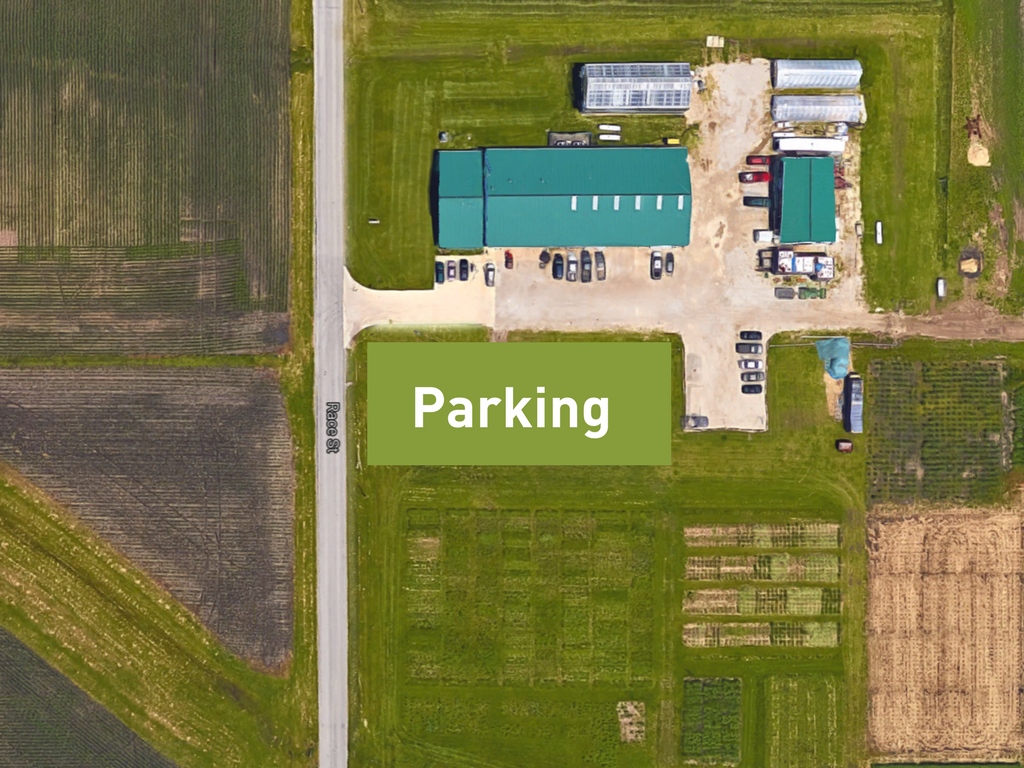
Lodging Information
Champaign-Urbana has lots of options; however, we recommend the following:
- The I Hotel and Conference Center | Phone: 217-819-5000
- Hilton Garden Inn | Phone: 217-352-9970
Please note that the bus will pick up at the Hilton Garden Inn at 8 a.m. and the I Hotel and Conference Center at 8:15 a.m.
Meet the Team
Donald Ort
RIPE Associate Director | University of Illinois
Donald Ort of the USDA/ARS Photosynthesis Research Unit is the Robert Emerson Professor of Plant Biology and Crop Sciences and leads the Genomic Ecology of Global Change research theme at the Carl R. Woese Institute for Genomic Biology. His research ranges from improving photosynthetic efficiency to the molecular and biochemical basis of environmental interactions with crop plants to ecological genomics. Ort is one of Thomson Reuters’ “Most Influential Scientific Minds” and has published over 250 peer-reviewed papers in Science and other journals. Email: d-ort@life.uiuc.edu
Tim Mies
Energy Farm Director | University of Illinois
Tim Mies is responsible for managing the Energy Farm, making the research projects hosted there possible since 2007. We graciously credit him for providing us with the space to host the field day and much guidance as well. Mies earned his bachelor's degree in agriculture, with an emphasis on agricultural mechanization. Email: tmies@illinois.edu
Girish Chowdhary
TERRA-MEPP Robot Developer | University of Illinois
Girish Chowdhary is an assistant professor and director of the Distributed Autonomous Systems Laboratory, which conducts research in autonomous decision making to enable the next generation of robotic systems. He developed more than 15 research unmanned aerial systems (UAS) and is now applying his expertise to lead the development of the TERRA-MEPP robot. Chowdhary has authored many peer-reviewed publications spanning the areas of adaptive control, fault tolerant control, autonomy and decision making, machine learning, vision and LIDAR-based perception for UAS, and GPS-denied navigation. Email: girishc@illinois.edu
Chinmay Soman
TERRA-MEPP Commercializer | University of Illinois
Chinmay Soman combines his background in engineering and biology with his interest in sustainability to drive scientific and technological advances necessary for creating large-scale agricultural systems that are economically profitable, ecologically beneficial, and environmentally resilient. He is the founder and CEO of the Champaign-based start-up Earthsense, Inc., which develops collaborative robotics and advanced machine-learning-based solutions for agriculture and other challenging environments. Currently, helping commercialize the ARPA-E-funded TERRA-MEPP platform and software. He is also a National Science Foundation Postdoctoral Researcher. Email: soman@illinois.edu
Katarzyna “Kasia” Glowacka
RIPE Postdoctoral Researcher | University of Illinois
Kasia (pronounced kash-ah) Glowacka is a molecular geneticist and plant physiologist. She characterizes the biochemical, molecular, and physiological properties of improved crop plants. She is helping plants quickly adapt to fluctuations in light to increase the productivity of staple food crops. Her work has been published in Science, Journal of Experimental Botany, Global Change Biology Bioenergy, and others. Email: kglowack@illinois.edu
Johannes “Wanne” Kromdijk
RIPE Postdoctoral Researcher | University of Illinois
Wanne (pronounced vah-neh) Kromdijk is a plant physiologist specializing in carbon dioxide fixation and stable isotope discrimination. He has studied the photosynthetic efficiency of corn and Miscanthus. Now, he improving how plants react to fluctuations in light to improve photosynthesis in key food crops. His work has been published in Science, Plant Physiology, Journal of Experimental Botany, and others. Email: kromdijk@illinois.edu
Paul South
RIPE Postdoctoral Researcher | University of Illinois
Paul South is an expert in molecular genetics and biochemistry. Currently, he is improving the pathways that recycle harmful products from photorespiration, a process where photosynthetic enzymes react with oxygen instead of carbon dioxide. His work has been published in The Plant Cell, Journal of Biological Chemistry, and others. Email: pfsouth@illinois.edu
Amanda Cavanagh
RIPE Postdoctoral Researcher | University of Illinois
Amanda Cavanagh is an expert in Rubisco, the enzyme that turns carbon dioxide into carbohydrates. She is interested in the biochemical diversity of plants and how that diversity can affect photosynthesis and plant growth. Currently, she is characterizing the biochemistry and physiology of photorespiration, the process of Rubisco reacting with oxygen instead of carbon dioxide. Her work has been published in Plant Cell, Photosynthesis Research, and others. Email: acav@illinois.edu
Kenny Brown
RIPE Graduate Student | University of Essex
Kenny Brown is a doctoral candidate working to improve leaf carbon metabolism using single target and multigene manipulations of the electron transport chain, photorespiration pathway, and the Calvin Cycle, where carbon dioxide is turned into carbohydrates. Email: klbrow@essex.ac.uk
Patricia Lopez
RIPE Postdoctoral Researcher | University of Essex
Patricia Lopez is an expert in molecular biology and biochemistry with an emphasis on building constructs for plant transformation. Her work is focused on improving leaf photosynthetic carbon metabolism by up-regulating of the expression of specific proteins and down-regulating others. Her work has been published in Mycological Research and Plant Science. Email: pelope@essex.ac.uk
Amanda de Souza
RIPE Postdoctoral Researcher | University of Illinois
Amanda De Souza studies photosynthesis, growth, and carbohydrate metabolism in African cultivars of cassava. She is leading the team's effort to transform cassava, which is the process of adding beneficial genes to increase yield. Her work has been published in Plant Physiology, Global Change Biology Bioenergy, and the Journal Experimental Botany. Email: apsouza@illinois.edu
Ursula Ruiz Vera
RIPE Postdoctoral Researcher | University of Illinois
Ursula Ruiz Vera researches the physiological responses of plants in different environmental conditions. She evaluates the carbon storage capacity of tobacco cultivars under varying carbon dioxide concentrations and soil nitrogen levels to understand the climate change effects in plant biological processes. Her work has been published in Global Change Biology, Plant Physiology, and Plant, Cell & Environment. Email: ruizver1@illinois.edu
David Drag
RIPE Field Trials Manager | University of Illinois
David Drag manages and maintains the field trials throughout the growing season, enabling the RIPE project to evaluate its success. He received his bachelor’s degree in integrative biology and went on to earn his master’s degree in plant biology from the University of Illinois. Email: ddrag2@gmail.com
Ben Harbaugh
RIPE Greenhouse Manager | University of Illinois
Ben Harbaugh oversees experiments in the greenhouse and field trials and provides training for researchers. He propagates transformed plants and oversees seed collection and organization. Harbaugh graduated from Southern Illinois University, Carbondale, with a bachelor’s degree in forestry. Email: harb@illinois.edu
Katherine Meacham
RIPE Postdoctoral Researcher | University of Illinois
Katherine Meacham is an expert in leaf-level measurements. She is developing equipment and measurement techniques to assess the impact of photosynthetic modifications, including changes to electron transport and the enzyme Rubisco. Her work has been published in Plant Physiology. Email: katmeach@illinois.edu
Caitlin Moore
WEST Postdoctoral Researcher | University of Illinois
Caitlin Moore is interested in how plants function and interact with their environments from the leaf to ecosystem to global scales. She characterizes canopy surface properties of different sorghum varieties to determine the most water efficient genotypes for agriculture. Her work has been published in Biogeosciences and Global Change Biology. Email: caitlinm@illinois.edu
Benjamin Thompson
TERRA-MEPP Robot Developer | University of Illinois
Benjamin Thompson is building the TERRA-MEPP robot using Computer Aided Design software and 3D printing for rapid iterations, testing, and optimization. He oversees the integration of hardware for autonomous robots for agricultural applications. Currently, he is a member of the Distributed Autonomous Systems Laboratory led by Assistant Professor Girish Chowdhary and is earning his bachelor's degree in Technical Systems Management. Prior to joining the team, Thompson served in the U.S. Marine Corps and is a recipient of the Purple Heart. Email: bcthomp2@illinois.edu
Samuel Fernandes
TERRA-MEPP Postdoctoral Researcher | University of Illinois
Samuel Fernandes is an expert in genomic prediction and the computer simulation of plant genetics. He uses field and genomic information to predict and orientate plant crossings. His work has been published in Genetics and Molecular Research. Email: samuelf@illinois.edu
Lisa Emerson
RIPE Project Manager | University of Illinois
Lisa Emerson oversees the RIPE project. She has extensive experience in grant management, budgeting, forecasting, purchasing, human resources, business development, and information systems. Lisa also has a background in project management, developing and implementing short- and long-term strategic business plans, and team building. Lisa received her bachelor's degree in accounting from the University of Illinois and holds a license in intellectual property and technology commercialization from the University of California School of Law. Email: lemerson@illinois.edu | Cell Phone: 217-621-5918
Rachel Shekar
RIPE Assistant Project Manager | University of Illinois
Rachel Shekar organizes program events, prepares research reports, writes scientific material and schedules, and coordinates and facilites meetings. She has experience in plant ecology and physiology research and research laboratory management. In addition, she is the executive editor of the international journals Global Change Biology and GCB Bioenergy. She received her bachelor's degree in biology from Juniata College and went on to the University of Illinois for her master's degree in plant biology. Email: shekar@illinois.edu
Ank Michielsen
TERRA-MEPP Project Manager
Ank Michielsen is instrumental in coordinating all aspects of the TERRA-MEPP project. She monitors milestones, coordinates team meetings, and ensures that up-to-date data is shared amongst the team. She also serves as the program manager for two other ARPA-E funded projects: Plants Engineered to Replace Oil in Sugarcane and Sweet Sorghum (PETROSS) and Water Efficient Sorghum Technologies (WEST). Michielsen earned her bachelor’s and master’s degrees in plant science, rural sociology and communication and innovation studies from Wageningen University. She went on to earn a second master’s in business administration (MBA) from the Open University in Great Britain. Email: michiels@illinois.edu
Bruce Barnes
RIPE & TERRA-MEPP Office Manager | University of Illinois
Bruce Barnes worked in the Carl R. Woese Institute of Genomic Biology’s business office before joining the RIPE team. He is responsible for team morale and organization. You can credit him for helping pull together many of the details for the field day. He holds his bachelor's degree in accounting from Illinois Commercial College. Email: bdbarnes@illinois.edu | Cell Phone: 217-244-1705
Claire Benjamin
RIPE & TERRA-MEPP Communications Coordinator | University of Illinois
Claire Benjamin communicates the mission and scientific advancements of RIPE and TERRA-MEPP. Her stories have been picked up by the New York Times, Wired, Smithsonian Magazine, others. She earned her bachelor's degree in agricultural communications and is currently pursuing her master's degree in advertising. Email: claire@illinois.edu | Office Phone: 217-244-0941 | Cell Phone: 309-242-8574
Participating Projects
The 2017 Food & Fuel Field Day is made possible by the generous participation of these research projects, as well as the support of their collaborators and funding agencies:
RIPE
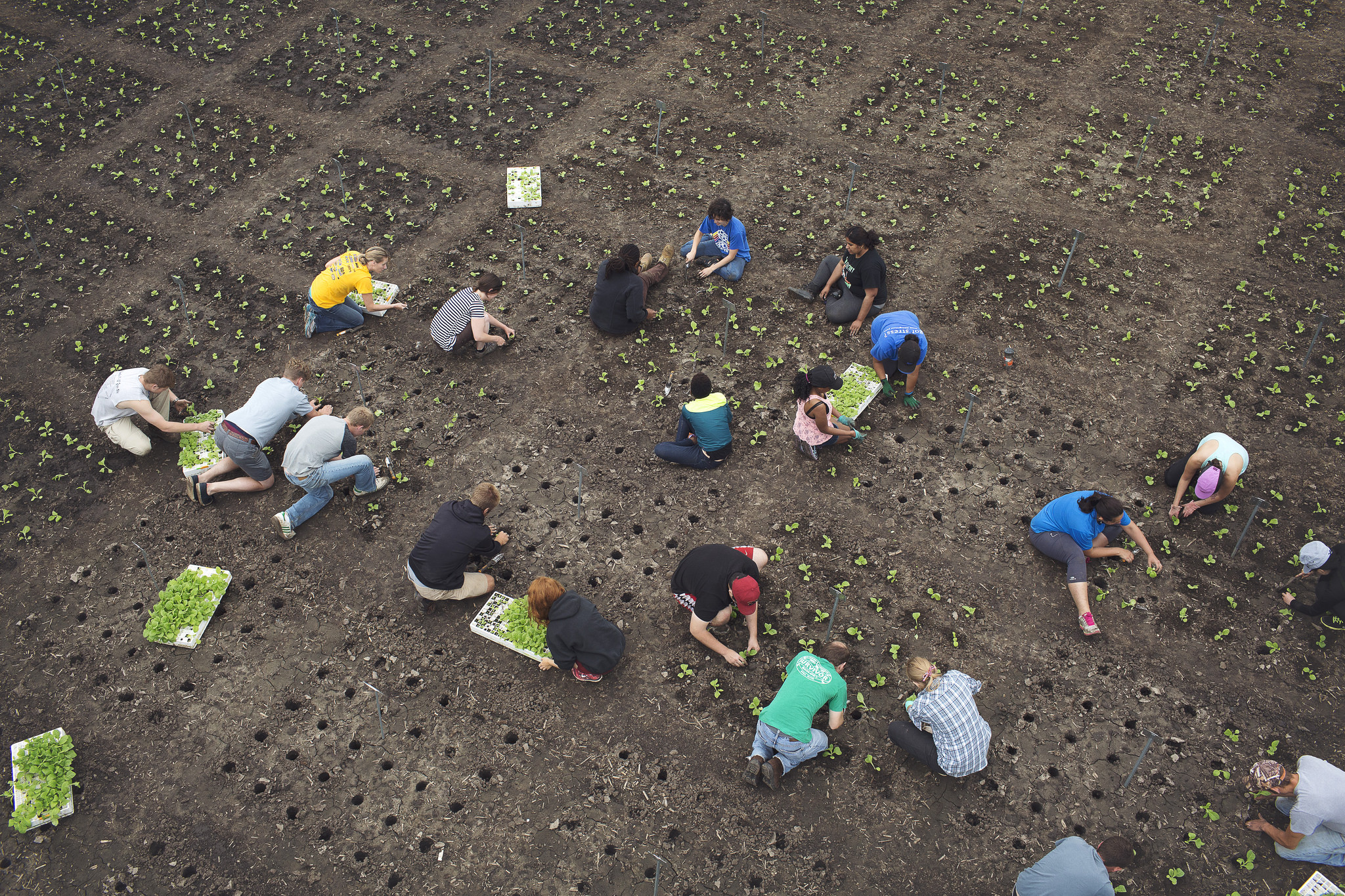
Realizing Increased Photosynthetic Efficiency (RIPE) is an international research project that is engineering plants to photosynthesize more efficiently to increase crop yields. By sustainably increasing the productivity of staple food crops, the project aims to reduce hunger and poverty for families in sub-Saharan Africa and Southeast Asia.
This international collaboration is funded by the Bill & Melinda Gates Foundation and led by the University of Illinois in partnership with Australian National University, University of Essex, Lancaster University, Chinese Academy of Sciences-Max Planck Institute, Louisiana State University, University of California, Berkeley, and the United States Department of Agriculture Agricultural Research Service. University of Illinois RIPE team members are associated with the Carl R. Woese Institute for Genomic Biology, Institute for Sustainability, Energy and Environment, College of Agricultural, Consumer and Environmental Sciences, College of Liberal Arts and Sciences, School of Integrative Biology, Department of Crop Sciences, and Department of Plant Biology.
TERRA-MEPP
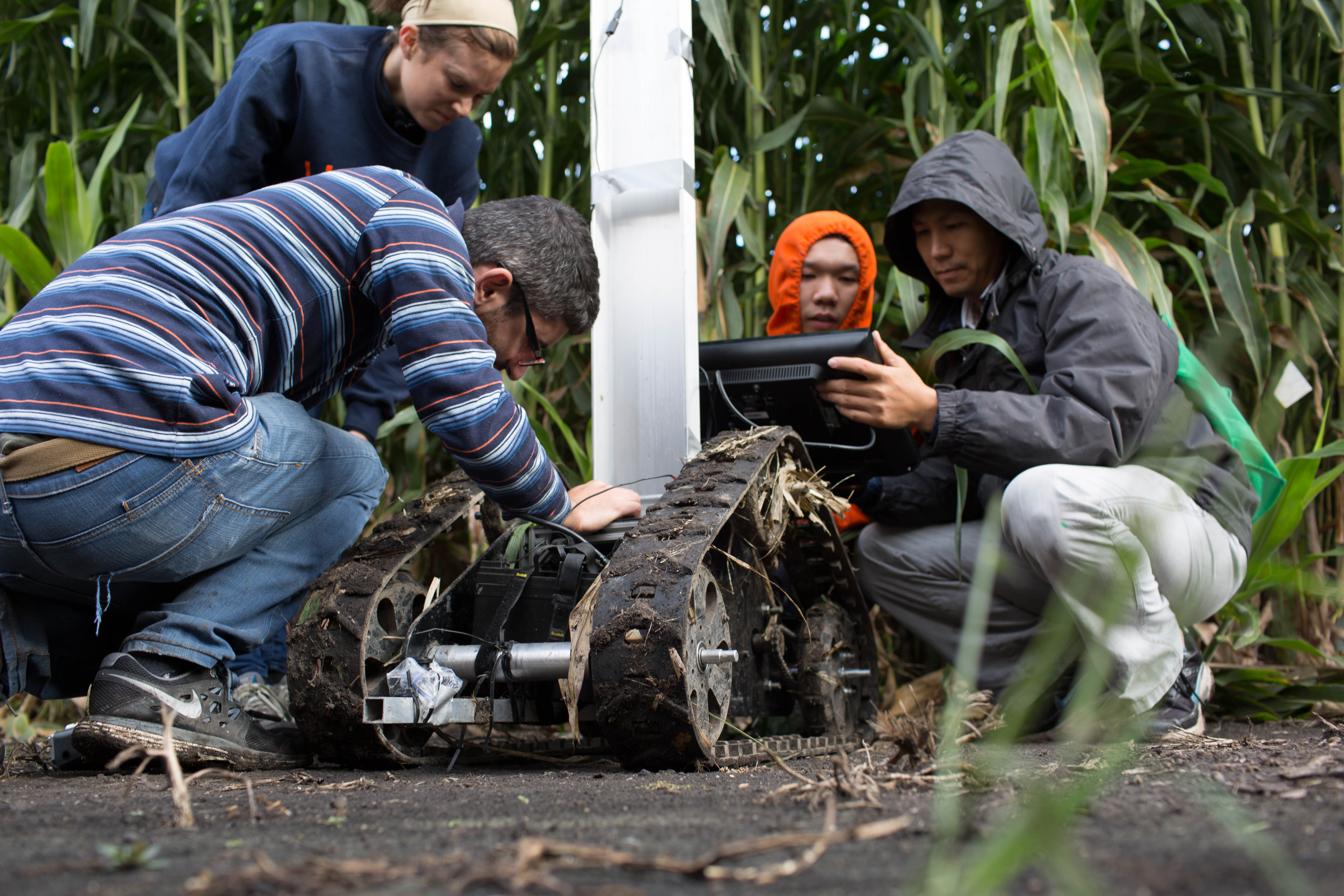
TERRA-MEPP is a low-cost, autonomous robot that analyzes biofuel crops throughout the growing season. The robot’s sensors collect an unprecedented amount of field data, and high-throughput analytical strategies quickly analyze it to pinpoint plants with desirable yield and sustainability traits.
This research project is led by the University of Illinois in partnership with Cornell University and Signetron, Inc. with support from the Advanced Research Projects Agency-Energy (ARPA-E). University of Illinois TERRA-MEPP team members are associated with the Carl R. Woese Institute for Genomic Biology, Coordinated Science Laboratory, College of Agricultural, Consumer and Environmental Sciences, College of Liberal Arts and Sciences, College of Engineering, School of Integrative Biology, Department of Crop Sciences, Department of Plant Biology, Department of Agricultural and Biological Engineering, and Department of Aerospace Engineering.
SoyFACE
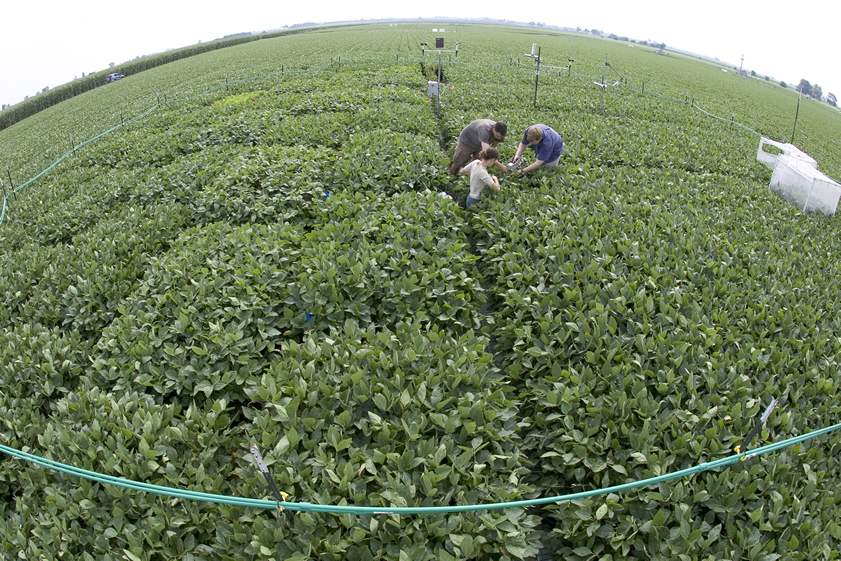
Soybean Free Air Concentration Enrichment (SoyFACE) is an innovative facility for growing crops under production field conditions in an atmosphere that has higher levels of carbon dioxide and ozone, higher temperature and altered soil water availability. SoyFACE was designed to discover the effects of atmospheric change on the agronomy and productivity of Midwestern crops as well as to find solutions that will lead to crops better adapted to this future.
This facility is supported by ADM, Department of Energy, United States Department of Agriculture Agricultural Research Service, DuPont Pioneer, Illinois Council for Food and Agriculture Research, Department of Crop Sciences in the College of Agricultural, Consumer and Environmental Sciences, and the University of Illinois.
For additional information, please contact Claire Benjamin at claire@illinois.edu or 217-244-0941.

